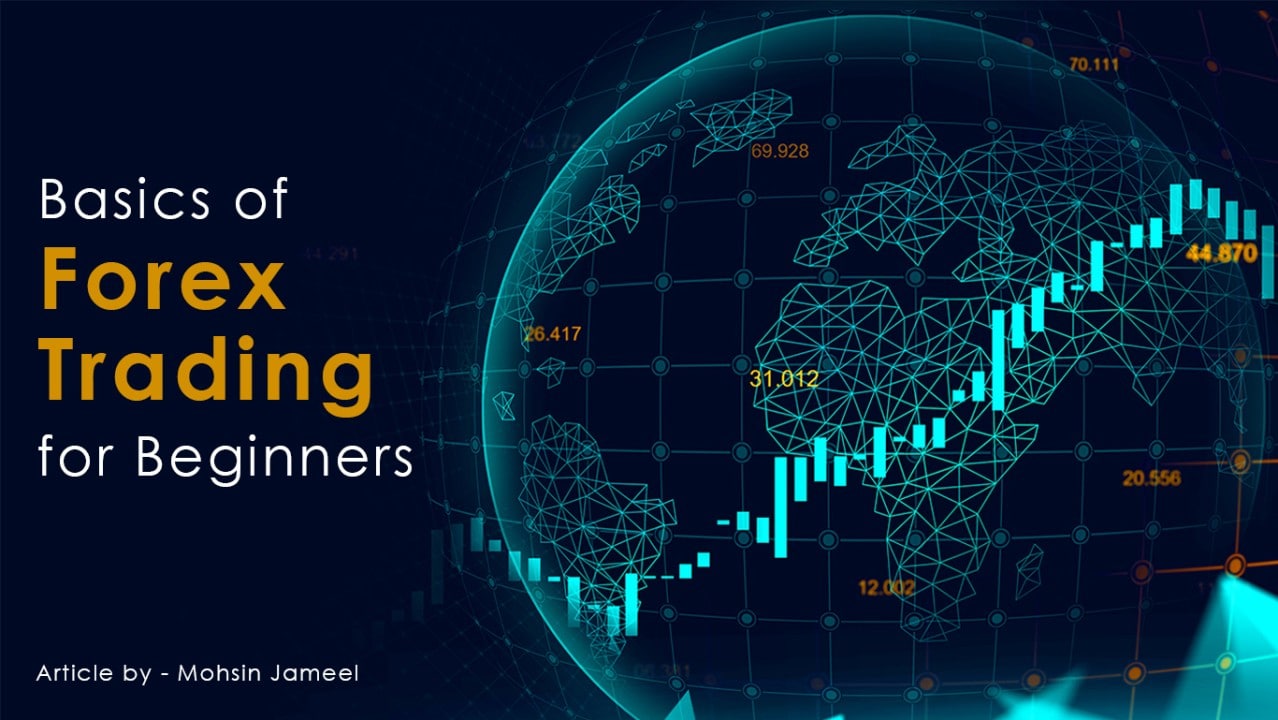I’d be happy to assist you with an informative blog post on the basics of forex trading. The blog post will be structured to provide a comprehensive beginner’s guide to currency exchange, covering essential topics and concepts in a detailed and coherent manner. The content will focus on factual information and insights to help readers gain a solid understanding of forex trading.
The foreign exchange market, commonly known as forex or FX, is the largest and most liquid financial market in the world. It operates 24 hours a day, five days a week, and facilitates the exchange of currencies from different countries. For beginners looking to venture into forex trading, it’s crucial to grasp the fundamental concepts and techniques involved in currency exchange. This comprehensive guide aims to provide a solid foundation for novice traders, helping them navigate the intricacies of the forex market with confidence.
Understanding Forex: What is Forex Trading?
Forex trading involves the simultaneous buying and selling of currencies. Traders aim to profit from fluctuations in exchange rates, capitalizing on the differences in currency values. The forex market is decentralized, meaning there is no central exchange, and transactions are conducted over-the-counter (OTC) through a global network of banks, financial institutions, corporations, and individual traders.
Key Players in the Forex Market:
The forex market encompasses a diverse range of participants, including central banks, commercial banks, hedge funds, multinational corporations, and retail traders. Central banks play a pivotal role in influencing currency valuations through monetary policies and interventions. Commercial banks facilitate the majority of forex transactions, while hedge funds and multinational corporations engage in currency trading to hedge against foreign exchange risk. With the advent of online trading platforms, retail traders have also become significant players in the forex market.
Currency Pairs and Exchange Rates:
In forex trading, currencies are quoted in pairs, with each pair representing the exchange rate between two currencies. The first currency in the pair is the base currency, while the second currency is the quote currency. For example, in the EUR/USD pair, the euro (EUR) is the base currency, and the US dollar (USD) is the quote currency. Exchange rates indicate the value of one currency relative to another and fluctuate based on various economic and geopolitical factors.
Factors Influencing Exchange Rates:
Exchange rates are influenced by a myriad of factors, including interest rates, inflation, economic indicators, geopolitical events, and market sentiment. Traders analyze these variables to make informed decisions regarding currency trading. Economic releases such as GDP growth, employment data, and central bank announcements can significantly impact exchange rates, leading to price movements in the forex market.
Technical and Fundamental Analysis:
To develop effective trading strategies, forex traders utilize technical and fundamental analysis. Technical analysis involves the study of price charts, patterns, and indicators to identify potential entry and exit points in the market. On the other hand, fundamental analysis focuses on evaluating economic data, geopolitical developments, and central bank policies to gauge the intrinsic value of currencies.
Risk Management in Forex Trading:
Managing risk is paramount in forex trading, and traders employ various risk management techniques to safeguard their capital. Stop-loss orders, position sizing, and risk-reward ratios are essential tools used to mitigate potential losses and preserve trading capital. Additionally, maintaining a disciplined approach to trading and avoiding emotional decision-making are key aspects of effective risk management.
Choosing a Forex Broker:
Selecting a reputable forex broker is crucial for novice traders. Factors to consider when choosing a broker include regulatory compliance, trading platforms, spreads, leverage options, and customer support. Conducting thorough research and due diligence before opening a forex trading account is imperative to ensure a secure and reliable trading environment.
Conclusion:
In conclusion, forex trading offers vast opportunities for individuals to participate in the global currency market. However, it is vital for beginners to educate themselves about the intricacies of forex trading before embarking on their trading journey. By understanding the fundamental concepts of currency exchange, staying informed about market developments, and implementing sound risk management practices, novice traders can embark on their forex trading endeavors with confidence.
This blog post has provided a comprehensive overview of the basics of forex trading, equipping beginners with the knowledge and insights essential for navigating the dynamic world of currency exchange. With a commitment to continuous learning and prudent decision-making, aspiring forex traders can embark on a rewarding and enriching trading experience.
I hope this blog post serves as a valuable resource for individuals seeking to delve into the realm of forex trading. Should you require any further information or assistance, please feel free to reach out. Happy trading!







